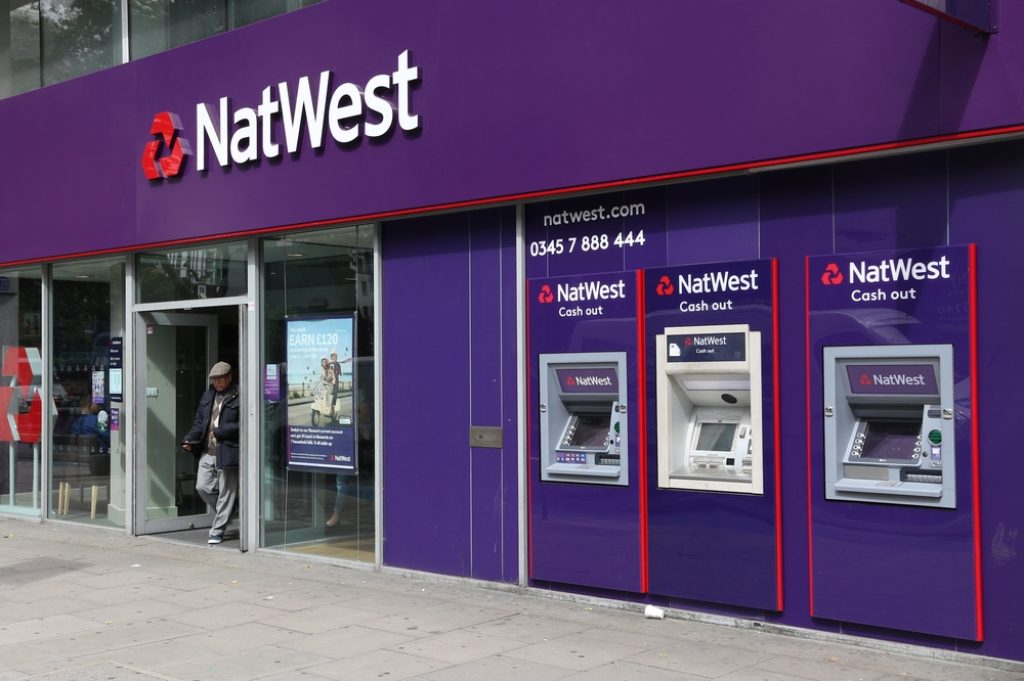NatWest has announced it will scrap its buy now, pay later (BNPL) proposition to customers less than two years after its launch.
A spokesperson for the bank says it is now “focusing on our core lending products, helping customers spread the cost of their purchases through credit cards, overdrafts and loans.”
The bank confirmed to YourMoney.com that it will begin closing customers’ accounts on 7 May, giving customers two months to settle their debts.
After that date, if you have a NatWest BNPL agreement:
- It will not be possible to make any further transactions
- If your balance is £0, the account will be automatically closed at that point
- If there is an outstanding balance, you will continue to pay in line with your current terms and conditions (i.e. over the 4 months) until the balance reaches zero, at which point the account will close.
NatWest also clarified that you also have the option to pay off early or transfer the balance to any other credit card if you would like.
The lender introduced the scheme to customers in the summer of 2022 and, at the time, its CEO of retail banking David Lindenberg said: “There’s a clear demand for buy now, pay later and we are determined to make it better and safer.
“We have listened to our customers and are excited to provide them with a proposition that gives them greater flexibility to manage their finances.”
More reliance on card usage for everyday items
The removal comes as BNPL’s usage appears to be ever-growing in the UK. Around half of UK adults in 2024 have used BNPL services before, according to financial website finder.com, which marks a rise from one in three the year before.
However, as the increase in borrowing grows, so does the number of those unable to cope with the debt, as a quarter of BNPL borrowers missed a payment when using providers such as Klarna, Clearpay or PayPal Credit.
Also, a third of UK shoppers said they would have struggled to afford Christmas without dipping into a BNPL method.
As well as shopping trips, more and more borrowers rely on the card to cover rising bills and everyday essentials. A quarter (25%) of those who used or intend to use BNPL do so because of the current increase in the cost of living. For those aged over 65 years old, this number rises to 30%.
Boomers are the fastest-growing BNPL borrowers
Further, boomers are the fastest-growing customer demographic to use BNPL with Klarna, with almost a fifth (17%) using the card for home essentials or furniture.
Last year, the Government laid out long-awaited plans for regulation on BNPL agreements to stop harmful borrowing. The legislation would allow customers to contact the Financial Ombudsman Service (FOS) if they have a complaint.
As part of the reforms, lenders will have to do better affordability checks and provide clearer information about the BNPL details.
However, those slated plans do not have a confirmation date, meaning the BNPL market remains unregulated.
‘There’s huge confusion among consumers’
Following NatWest’s decision to dip out of BNPL, Liz Edwards, money expert at finder.com, believes more providers could follow suit.
Edwards said: “Although numbers have been growing, BNPL has become an incredibly crowded market – in the last couple of years, two providers were crowded out. Openpay collapsed last year, and Zip exited the UK in 2022 after a major loss. So I wouldn’t be surprised to see more providers deciding it’s time to stop BNPL.
“BNPL can work well for many people, but there’s huge confusion among consumers about the fact they’re taking on a debt, and some estimates say around one in 10 who use it end up being chased by debt collectors.
Edwards added: “Although the current Government has dragged its heels when it comes to regulating BNPL, Labour has said it will regulate the industry to protect consumers, which is badly needed. So that may cause more providers to be reconsidering at this point.”





